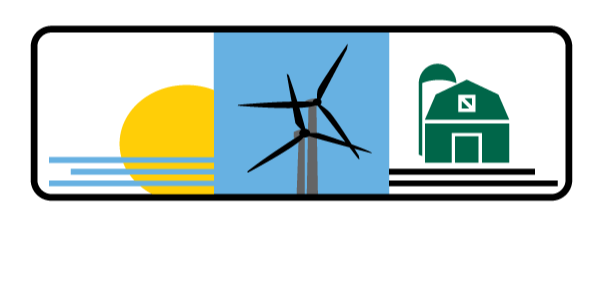Recycling Study – Waste Management Under Producer Responsibility
Recycling Study – Waste Management Under Producer Responsibility for Townships of Howick, North Huron, and Ashfield-Colborne-Wawanosh
Executive Summary
R.J. Burnside & Associates Limited (Burnside) was retained by the Townships of Howick, North Huron and Ashfield-Colborne-Wawanosh (collectively “the Townships”) to assess current landfill practices and to develop a recycling plan to accommodate the transition of recycling (Blue Box) from municipal collection and processing to Producer Responsibility. The transition is to proceed in accordance with the ‘Blue Box Regulation’ (O.Reg. 391/21) under the ‘Resource Recovery and Circular Economy Act, 2016’ (RRCEA).
The Townships are expected to transition to producer responsibility on the following dates:
- Township of Howick: June 30, 2024.
- Township of North Huron: April 1, 2025.
- Township of Ashfield-Colbourne Wawanosh (ACW): April 1, 2025.
Until the transition date the Townships remain responsible for operation (and the costs) of their Blue Box programs. A portion of these costs are reimbursed by the Resource Productivity and Recovery Authority (RPRA). The intent of this transition is to pass the financial responsibility of these programs to the producers of the recyclable materials and encourage the development of improved recycling practices at the source. In general, recyclable collection services will be maintained throughout the transition, with minimal changes in user (householder) experience until 2026. The main expectations of the transition are environmental and financial in nature, with impacts to the Townships’ staffing expected to be minor.
Recyclables from Industrial, Commercial, and Institutional (IC&I) sources are not eligible for collection through the regulation. Further, recycling at municipal facilities and municipal depots (such as at the Townships’ landfill sites) are not covered by the regulation. This will result in additional disposal at the landfills, reducing their lifespans. With greater volumes entering the landfills, their lifespans will be reduced. This may also result in increased landfill gas, which contributes to climate change.
Through a review of the documents provided by the Townships, ECA’s, and Burnside’s experience with each township’s landfill and municipal landfills generally, we identified the following environmental enhancements to the existing waste management system:
- Decreasing the size of the active tipping face.
- Using alternative cover materials (i.e., woodchips and other waste materials) when possible.
- Maintaining existing collection programs for hazardous wastes and special products (HSP), batteries, and tires – despite their transition under similar Producer Responsibility regulations.
The financial effects resulting from the implementation of O.Reg 391/21 is expected to be the most significant impact. The expected financial impacts resulting from the transition include:
- Decreased collection costs for Blue Box recyclables along with an increase in disposal costs.
- Although the legislation proposes 100% of the Blue Box collection costs will fall on producers, the Townships are only expected to recover 80% of your current costs.
- Financial penalties could be charged by PROs (such as Circular Materials Ontario (CMO)) to the Townships due to the strict limit that they will impose on the amount of contamination acceptable in Blue Boxes.
The following are potential strategies to mitigate impacts of O.Reg. 391/21:
- A joint contract that could be negotiated between all three Townships and WM for the collection of Blue Box recyclables from sources (i.e., IC&I sources) ineligible for PRO collection.
- Implementing your own public education programs that discuss waste management generally, diversion programs, and Producer Responsibility programs such as recycling (Blue Box).
- Cost savings could result from ending the Blue Box drop-off depots at the Howick and North Huron landfills.
We expect that, as the first municipalities transition to producer responsibility later this year (i.e., 2023), there will be lessons learned and issues identified affecting decisions for Howick’s transition in 2024, and the North Huron and ACW transitions in 2025. Therefore, our foremost recommendation is to stay involved in the transition process and observe how the first wave of municipalities transition.
